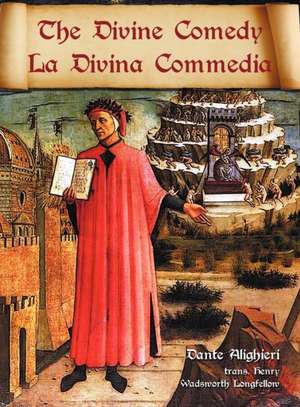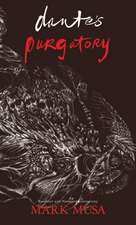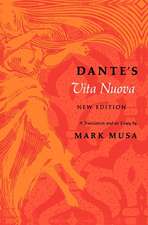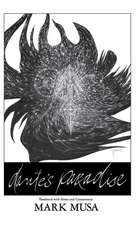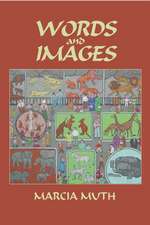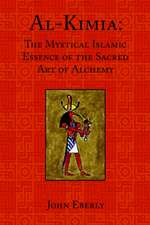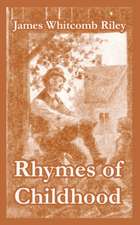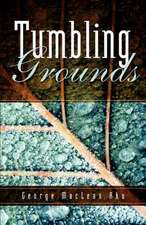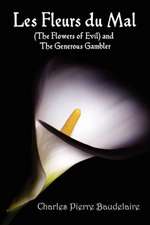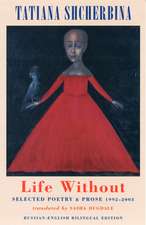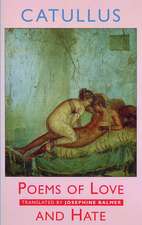The Divine Comedy / La Divina Commedia - Parallel Italian / English Translation
Autor Dante Alighierien Limba Engleză Hardback – 2 noi 2012
Preț: 415.33 lei
Nou
Puncte Express: 623
Preț estimativ în valută:
79.47€ • 82.98$ • 65.63£
79.47€ • 82.98$ • 65.63£
Carte tipărită la comandă
Livrare economică 15-29 aprilie
Preluare comenzi: 021 569.72.76
Specificații
ISBN-13: 9781781393192
ISBN-10: 1781393192
Pagini: 488
Dimensiuni: 216 x 279 x 27 mm
Greutate: 1.41 kg
Editura: Benediction Classics
ISBN-10: 1781393192
Pagini: 488
Dimensiuni: 216 x 279 x 27 mm
Greutate: 1.41 kg
Editura: Benediction Classics
Notă biografică
Durante degli Alighieri (1265 - 1321), was a major Italian poet of the Late Middle Ages. His Divine Comedy, originally called Comedìa and later christened Divina by Boccaccio, is widely considered the greatest literary work composed in the Italian language and a masterpiece of world literature. In the late Middle Ages, the overwhelming majority of poetry was written in Latin and therefore accessible only to affluent and educated audiences. In De vulgari eloquentia (On Eloquence in the Vernacular), however, Dante defended use of the vernacular in literature. He himself would even write in the Tuscan dialect for works such as The New Life (1295) and the aforementioned Divine Comedy; this choice, although highly unorthodox, set a hugely important precedent that later Italian writers such as Petrarch and Boccaccio would follow. As a result, Dante played an instrumental role in establishing the national language of Italy.
